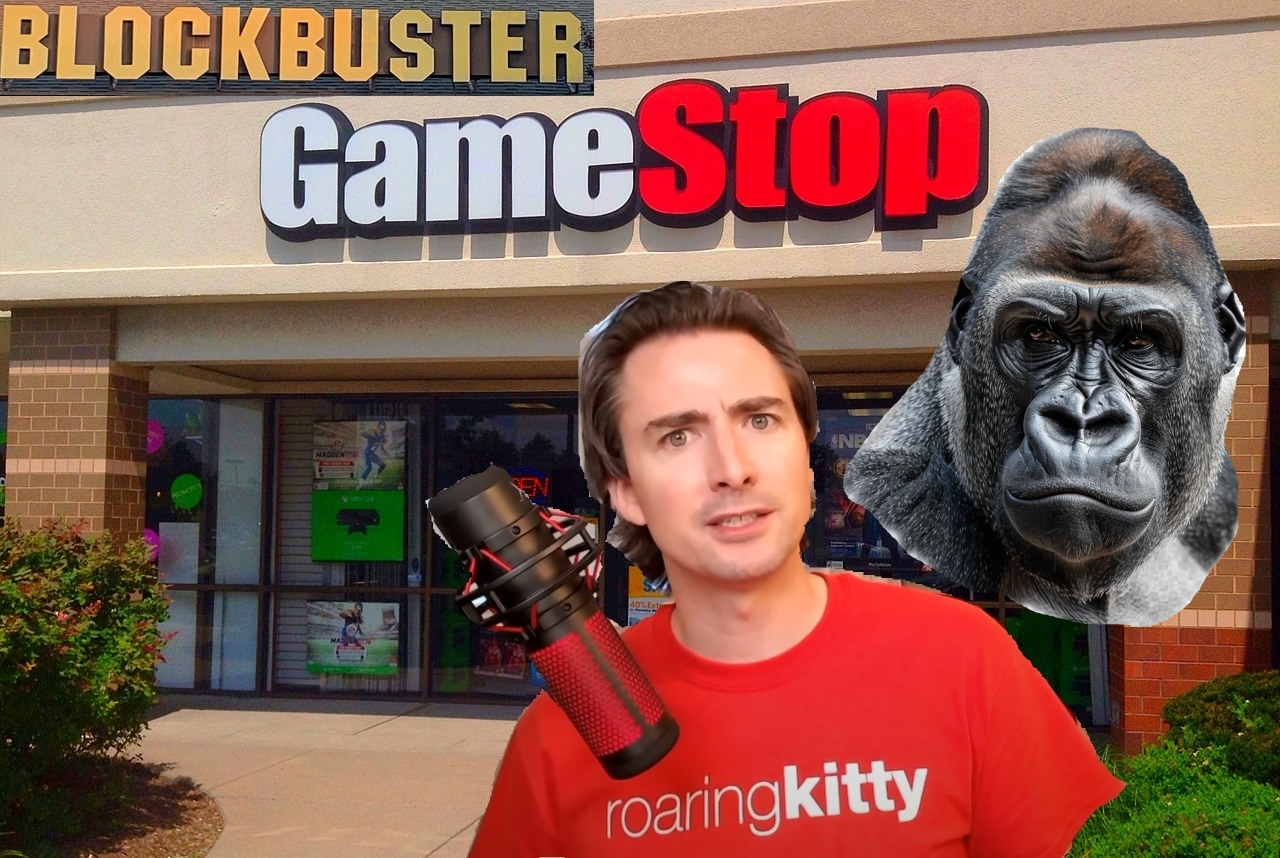Keith Gill, known as “Roaring Kitty” on YouTube and “Deep@#$!Value” on Reddit, made a notable return with a livestream addressing GameStop’s recent turbulence, marking his first public appearance since the meme stock frenzy three years ago. The stock was down today by 40% at publication time.
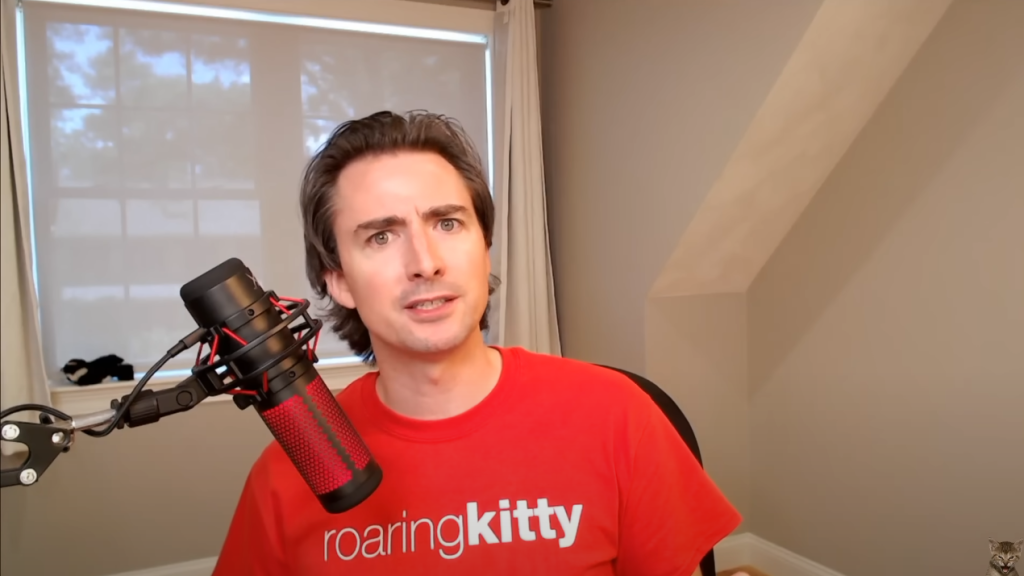
During his livestream, Gill reiterated his confidence in GameStop’s transformation under CEO Ryan Cohen, reminiscent of the company’s former glory days akin to Blockbuster’s dominance in the movie rental market. However, amidst his optimism, investors are casting doubt on GameStop’s future, drawing parallels to Blockbuster’s demise as the shift from physical to digital consumption reshapes the gaming industry.
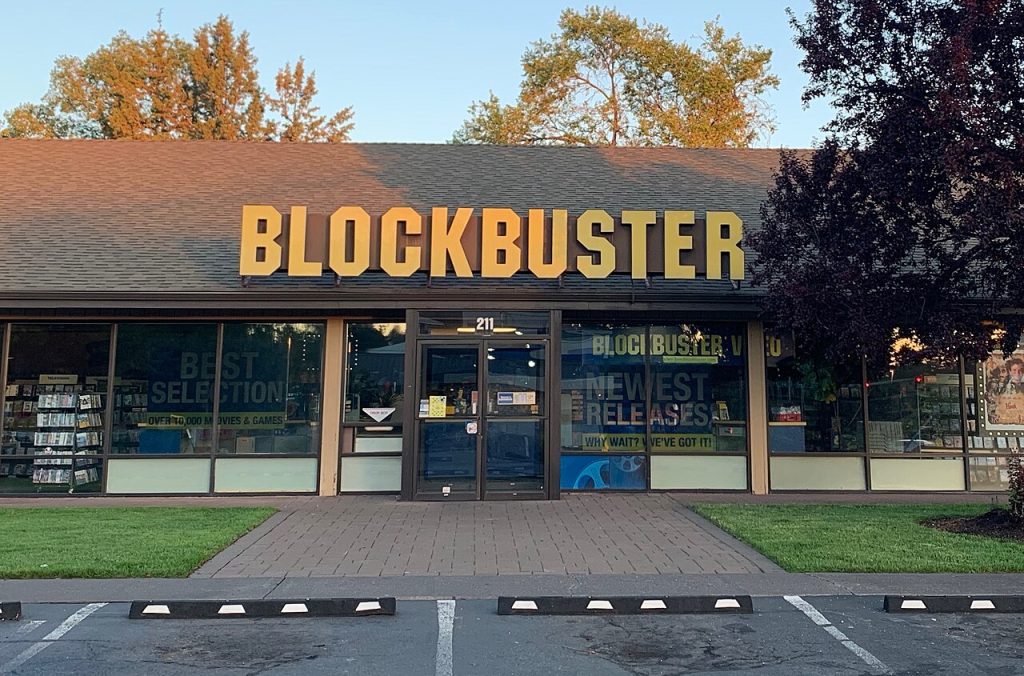
The stark reality facing GameStop lies in the irreversible trend towards digital distribution. With nearly 90% of computer software now downloaded rather than purchased in physical stores, GameStop’s traditional business model faces significant headwinds.
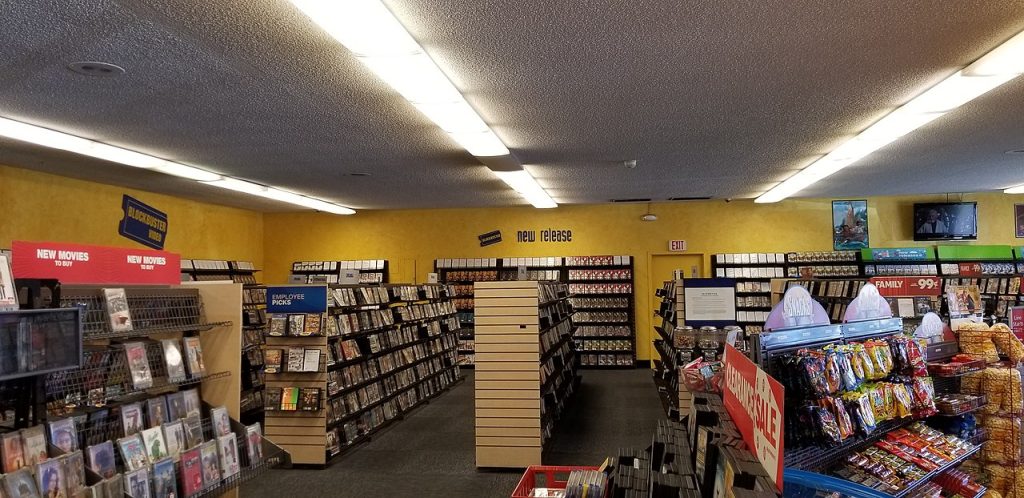
Much like Blockbuster’s struggle to adapt to the rise of streaming services, GameStop’s reliance on physical game sales becomes increasingly unsustainable in an era where digital downloads dominate.
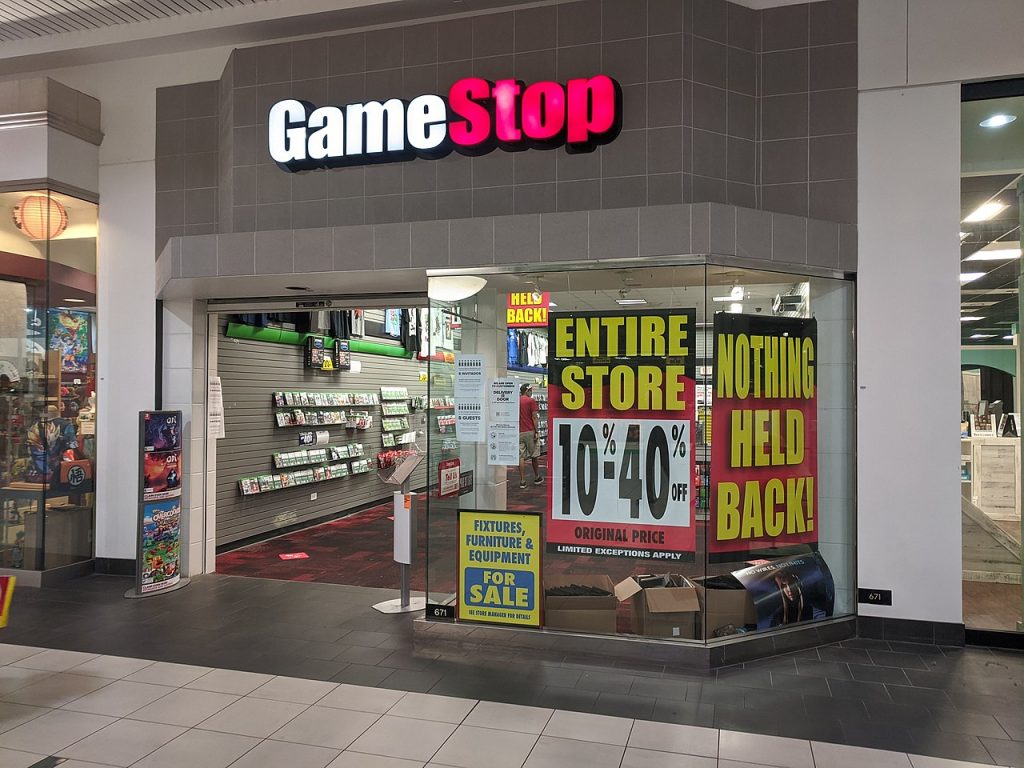
Institutional Investors, cognizant of this industry shift, have accurately predicted GameStop’s downward trajectory. Despite Gill’s unwavering confidence, the company’s return to profitability seems elusive amidst the overwhelming preference for digital gaming platforms.
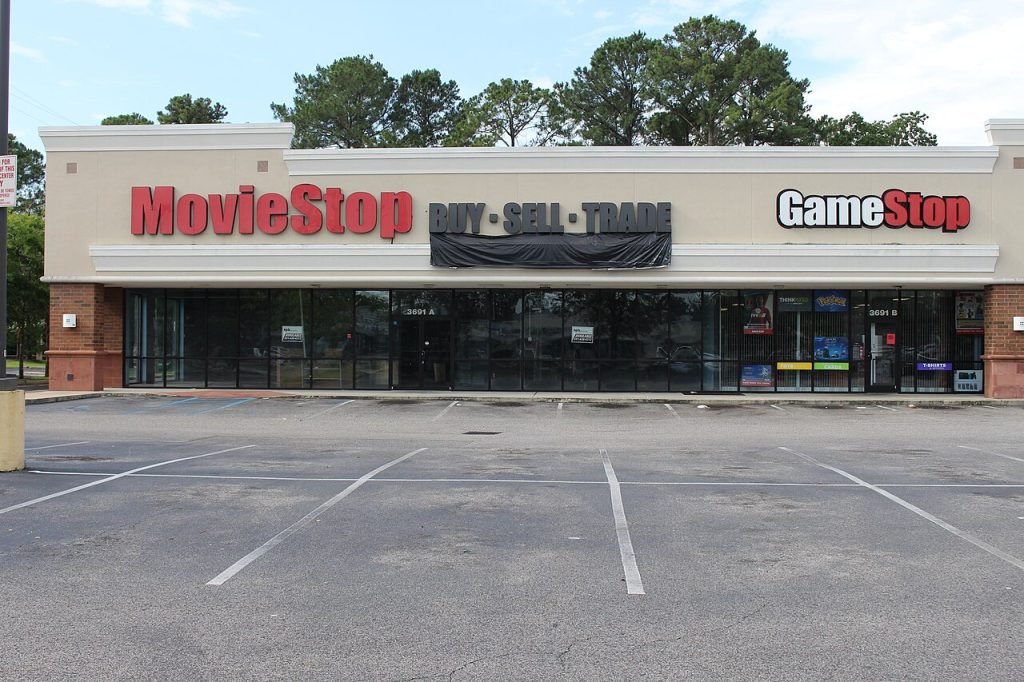
As the gaming landscape continues to evolve, GameStop’s fate appears intertwined with the broader trend towards digital distribution, making a successful resurgence improbable.
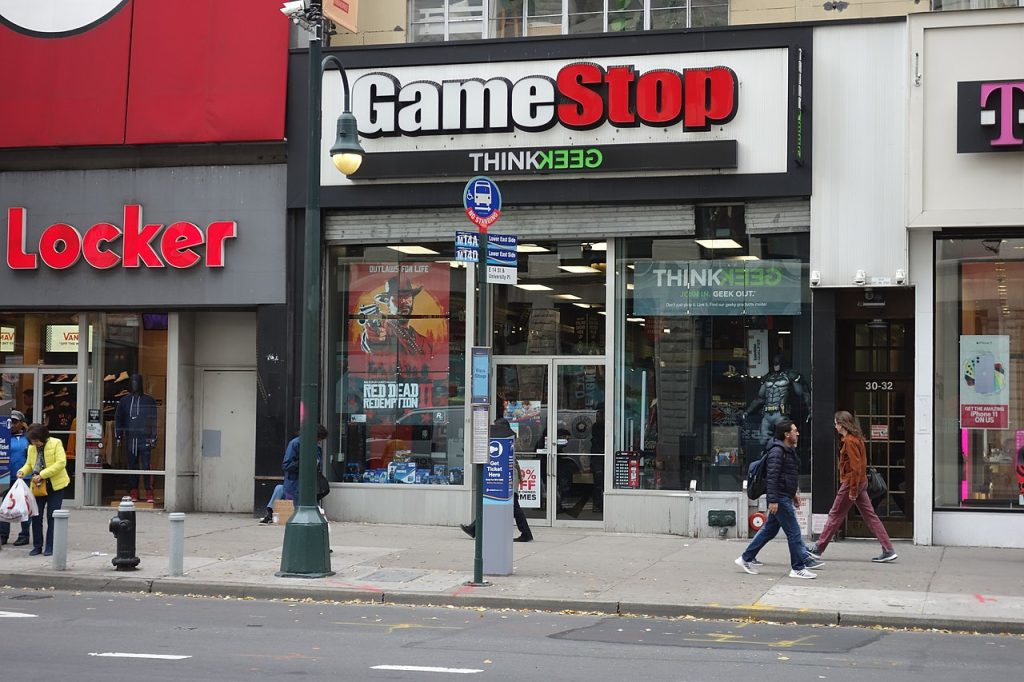
In a further blow to investor sentiment, GameStop recently announced plans to dilute shareholders by issuing up to 75 million shares.
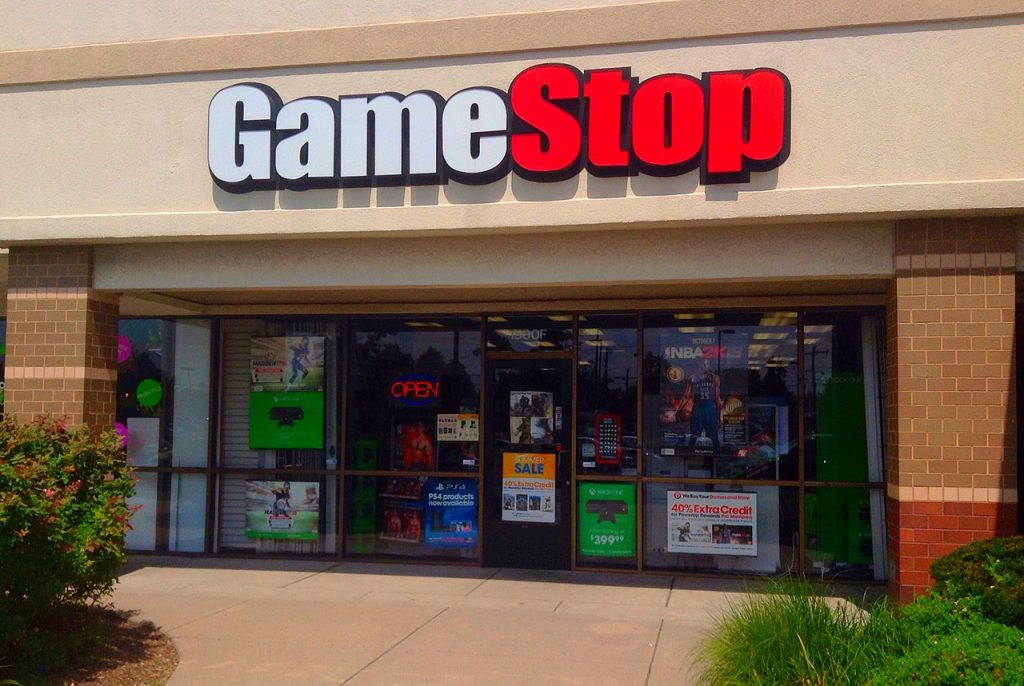
This move, aimed at bolstering the company’s financial position, has exacerbated concerns among investors already wary of GameStop’s prospects in an increasingly digital gaming market. With shareholder dilution looming large, the path to profitability for GameStop appears even more challenging, adding another layer of uncertainty to the company’s future.
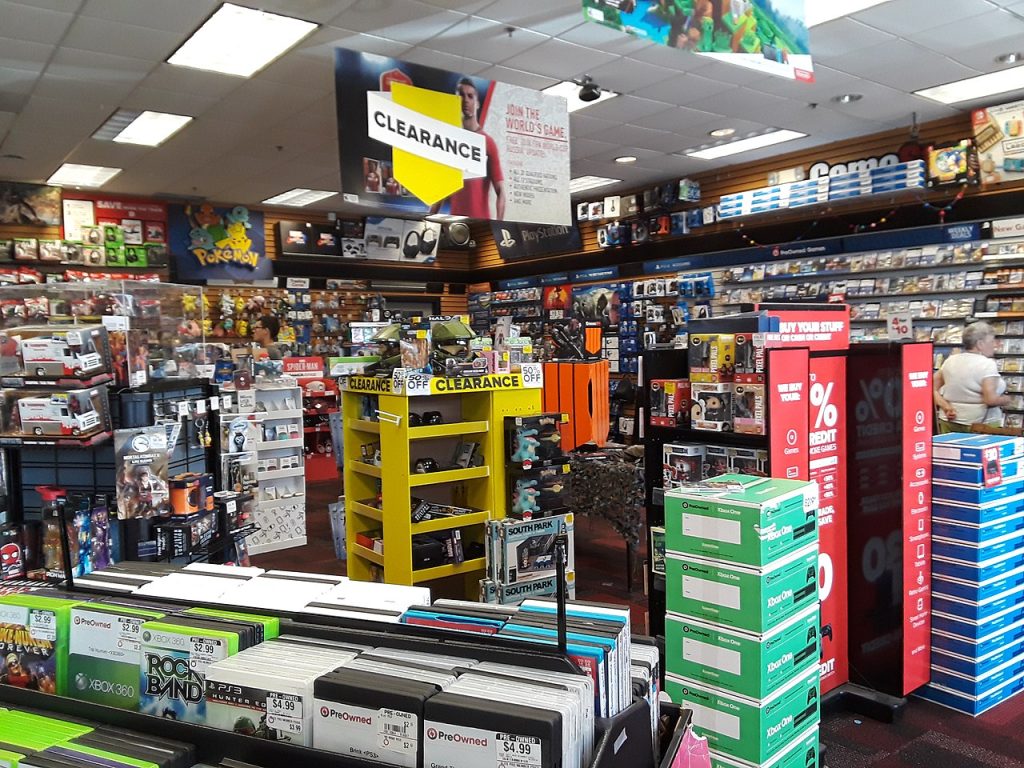
Gill’s reemergence amid GameStop’s volatility underscores the enduring fascination with the company’s narrative. However, the stark reality remains: in an era where digital reigns supreme, GameStop’s traditional retail model faces an uphill battle for relevance.
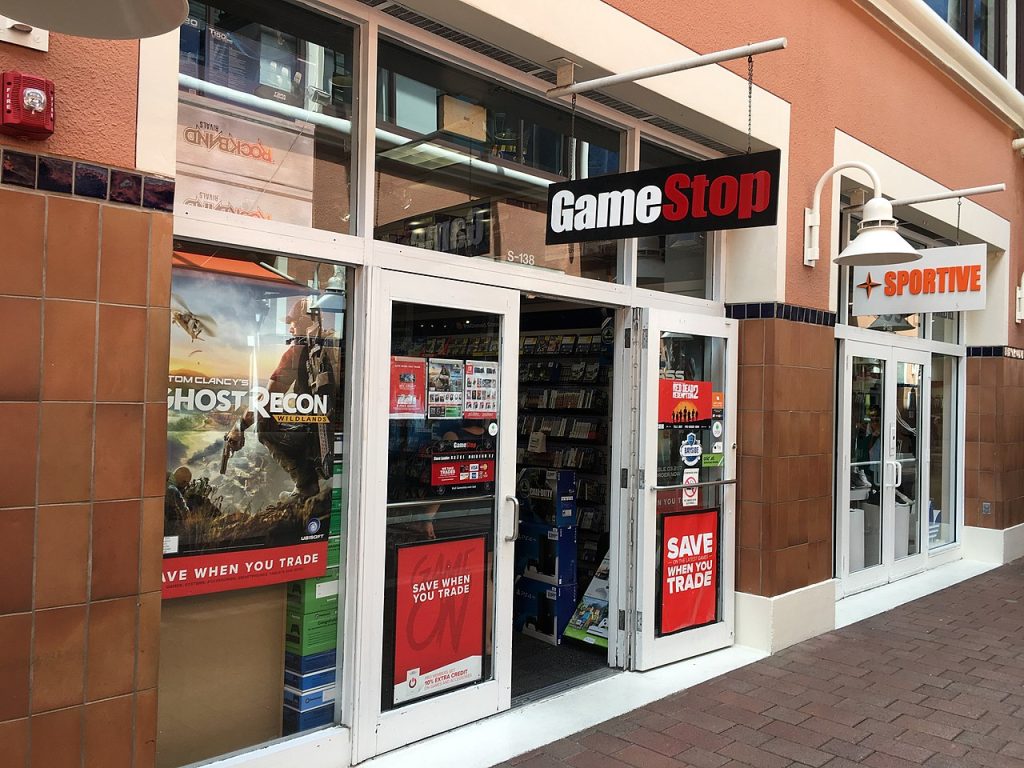
As stakeholders grapple with the implications of this paradigm shift, the future of GameStop hangs in the balance, poised at the intersection of nostalgia and technological advancement in the gaming industry.

